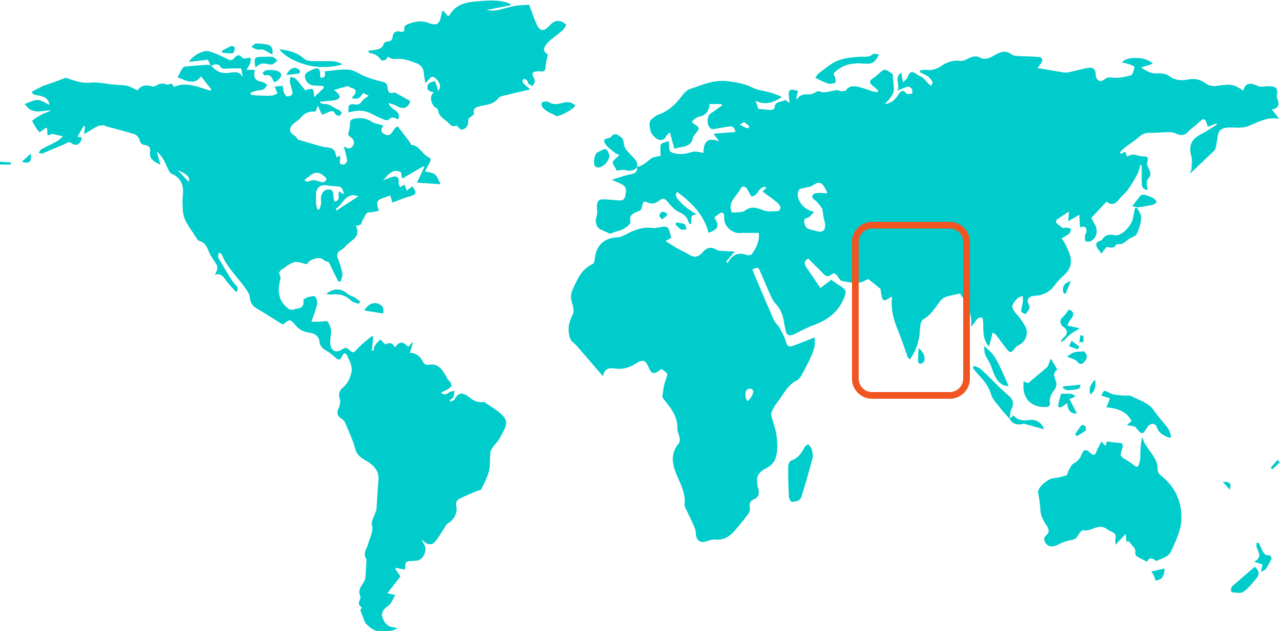The situation of children in South Asia
South Asia is home to about 627 million children under 18 years of age - approximately 36% of the total population of 1.82 billion.
Education
An estimated 11.3 million children of primary school age (5.8 million girls and 5.5 million boys), and 20.6 million children of lower-secondary school age (8.9 million girls and 11.6 million boys) in South Asia do not go to school. Only 69% of children have access to early childhood education in our region. And significantly, more girls than boys will never go to school in South Asia. This is leading to the highest incidents of child marriage and child labor in the world.
Children separated from their families
Children can be separated from their families during a crisis. Children may also be inappropriately separated and placed in foster care or an institution, due to a perception of family need or sometimes for more illicit reasons. In an institution, the wellbeing of most children is most at risk with institutional care lacking the necessary stimulus for a child to thrive and if separated for more illicit reasons can be the subject of exploitation and abuse. Children may also be separated from their families for their own protection, such as in cases of domestic violence.
Violence against children
Violence against children is widespread and pervasive and remains a harsh reality for millions of children in South Asia which has long-lasting consequences on their lives. Over 21 million children between 5-17 years of age are engaged in child labor in South Asia alone. Violence can be physical, sexual, and emotional and also manifest itself as neglect. It can occur in homes, schools, care and justice systems, workplaces, and communities. Perpetrators include parents, family members, teachers, caretakers, law enforcement authorities, and other children.
"Source: UNICEF, Humanium, SOS Children's Villages International".





